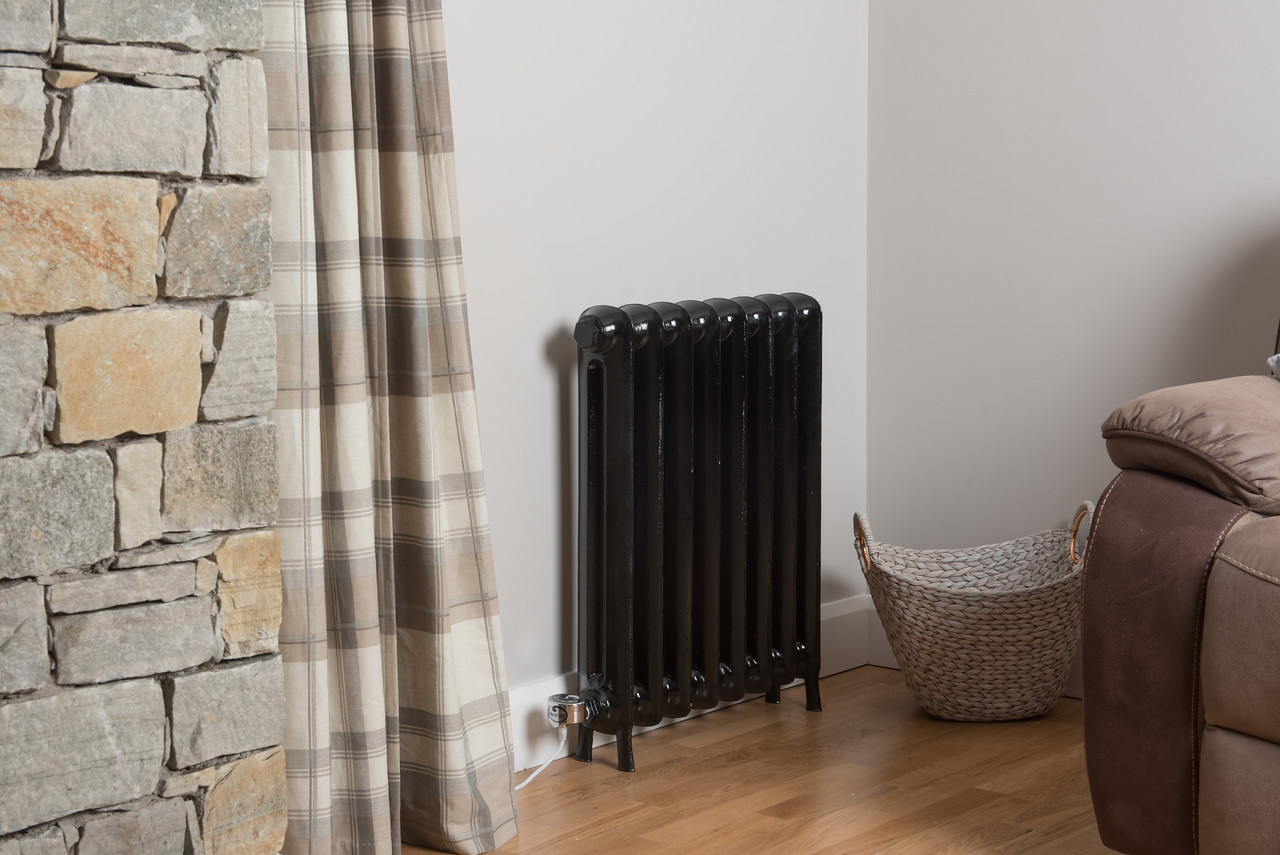rlb
Well-Known Member
Short story, I was doing some plumbing things and I heard my hot water heater making some funky noises. I got a little paranoid and decided it was time to check on the pressure relief valve because in all of the years I've lived here I've never done that.
I exercised the valve and some pretty rusty water came out, but I let it flow enough until everything ran clean. The valve flows well and seals completely when I let go with a lever.
Is there anything else to it? Any other reasons to be concerned? If the valve flows when testing it's doing its job, correct?
A little more backstory: I had to replace the hot water shut-off valve under my kitchen sink. Rather than turning off all of the water to the house, I just turned off the water supply to the hot water heater. I left a bathroom spout open to avoid any water drips because all of my valves are old and leaky (including the supply valve to the hot water heater).
I turned the water on and off like this a few times, and it caused the water heater to fire. I happened to be standing next to it while the flame was on (but the supply was shut off and a bathroom hot water faucet was open). It was making some glugging and thumping sounds. I think the combination of the heater being fired with an open faucet nearby (essentially an air vent) was causing it to make some funky noises.
I exercised the valve and some pretty rusty water came out, but I let it flow enough until everything ran clean. The valve flows well and seals completely when I let go with a lever.
Is there anything else to it? Any other reasons to be concerned? If the valve flows when testing it's doing its job, correct?
A little more backstory: I had to replace the hot water shut-off valve under my kitchen sink. Rather than turning off all of the water to the house, I just turned off the water supply to the hot water heater. I left a bathroom spout open to avoid any water drips because all of my valves are old and leaky (including the supply valve to the hot water heater).
I turned the water on and off like this a few times, and it caused the water heater to fire. I happened to be standing next to it while the flame was on (but the supply was shut off and a bathroom hot water faucet was open). It was making some glugging and thumping sounds. I think the combination of the heater being fired with an open faucet nearby (essentially an air vent) was causing it to make some funky noises.









